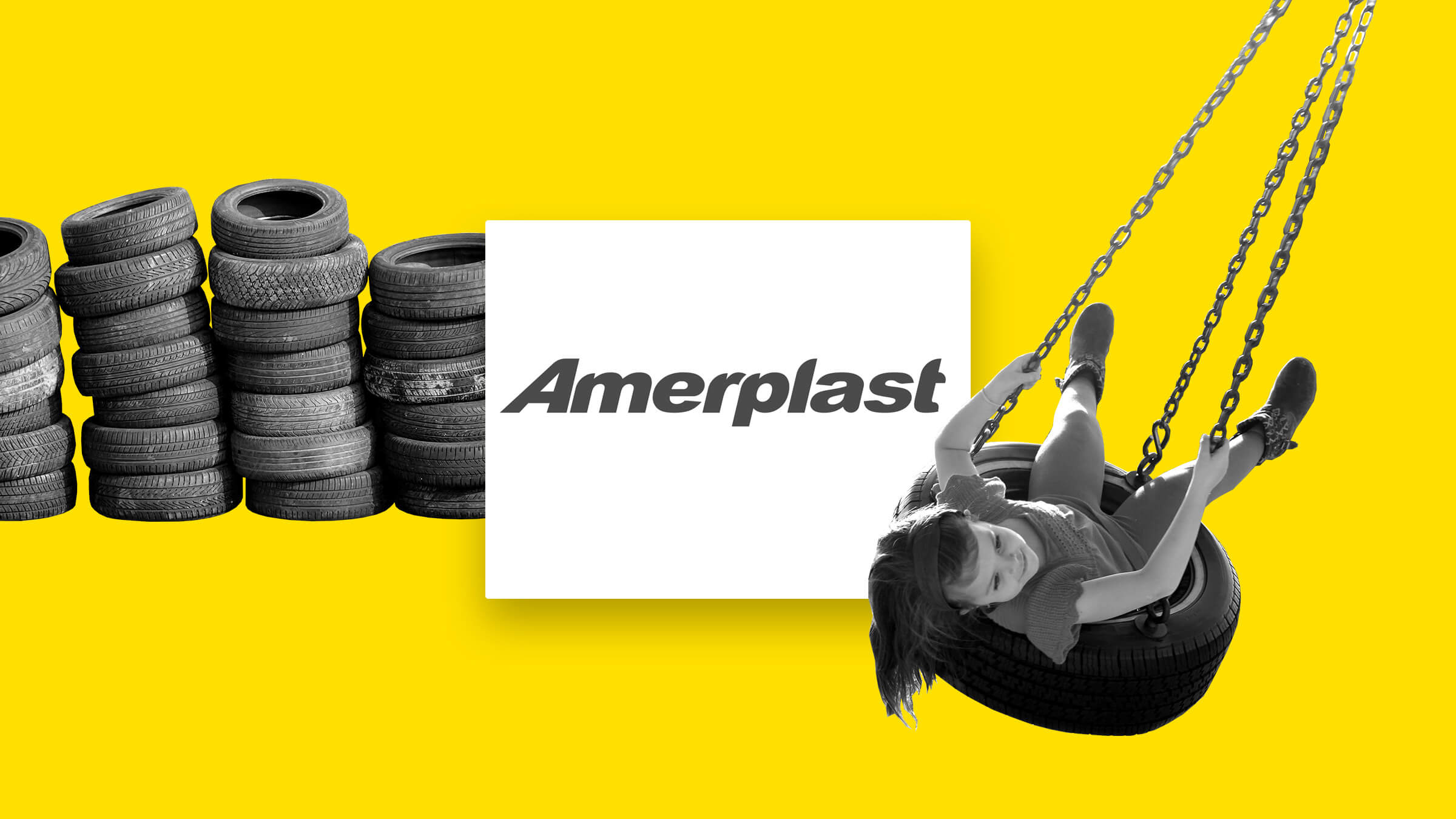Problem
An enormous amount of plastic waste is produced around the world. It has been estimated that by 2050, there will be more plastic than fish in the seas. It has been also estimated that a total of over 100 tonnes of plastic packaging waste enters the Finnish market each year. Plastic is made predominantly from non-renewable fossil fuel: oil. Much plastic packaging contains various different plastics, which makes plastic recycling challenging at times. The dirtiness of plastic also hinders recycling.
Solution: collected plastic transformed into recycled plastic bags
Amerplast produces plastic bags from recycled polyethylene. 90% of the material in these bags comes from recycled plastic. Of the raw materials, half come from plastic collected from consumers via separate sorting points or housing company waste sorting points and half from packaging materials from Kesko’s warehouse. Plastic waste is sorted and separated for various types of use at the Fortum processing plant. Amerplast purchases melt-ready polyethylene fractions separated from plastic waste to use as a material for its plastic bags. Used bags can be recycled, for example, into raw material for new ESSI circular bags.
Revenue logic and benefits for Amerplast
Amerplast sells recycled ESSI Bags to leading retail sector stores. The company pays Fortum for the raw materials for its recycled plastic bags, but the use of recycled plastic costs the company less than the use of new fossil fuels. The company also produces other flexible plastic packaging materials using recycled plastic and is continuously developing new uses for the material. The development of the recycled plastic solution supports Amerplast’s future business opportunities, as it facilitates better material efficiency and the reuse of plastic.
Benefits to customers and end users
Numerous retail stores already purchase ESSI bags, but only Kesko is part of the solution as a materials supplier (plastic pallet wrapping used in logistics) and as a retailer of the finished product. This solution allows Kesko to increase the share of recycled packaging waste at its central warehouse and to offer its customers a more sustainable plastic bag option. Other retail sector companies can also sell the ESSI plastic bags, and in this way, minimise their environmental footprint. By sorting plastics from other waste and putting them into plastic recycling bins, consumers can better recycle their waste for reuse.

















Recommended
Have one more?